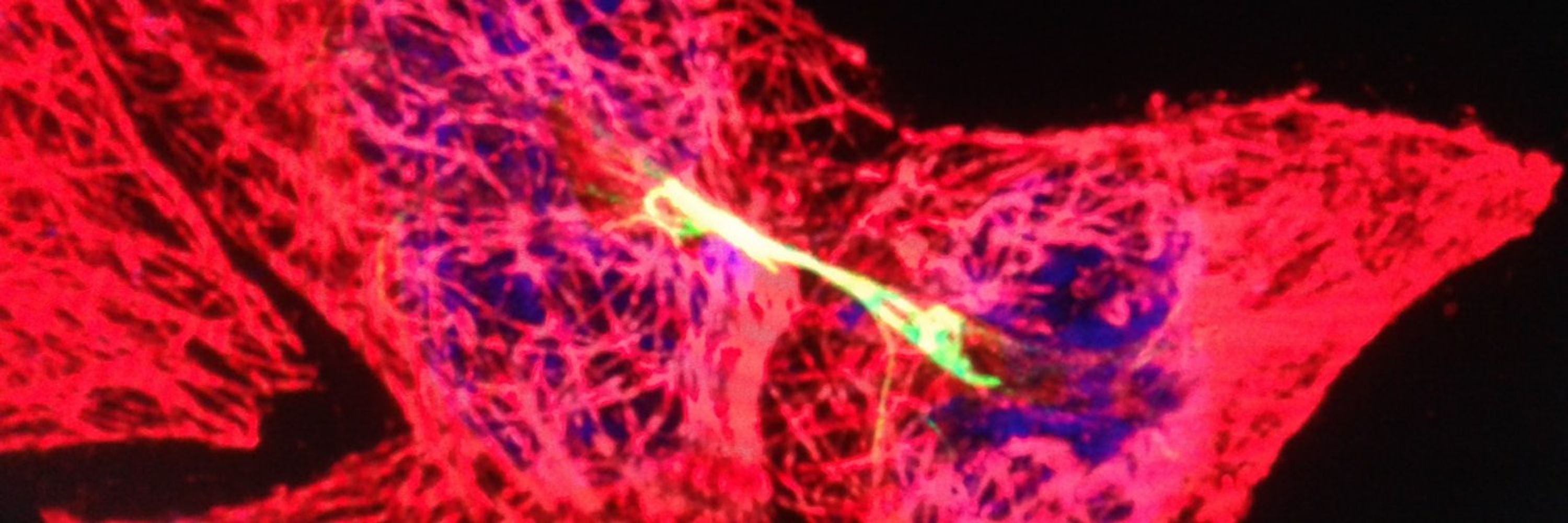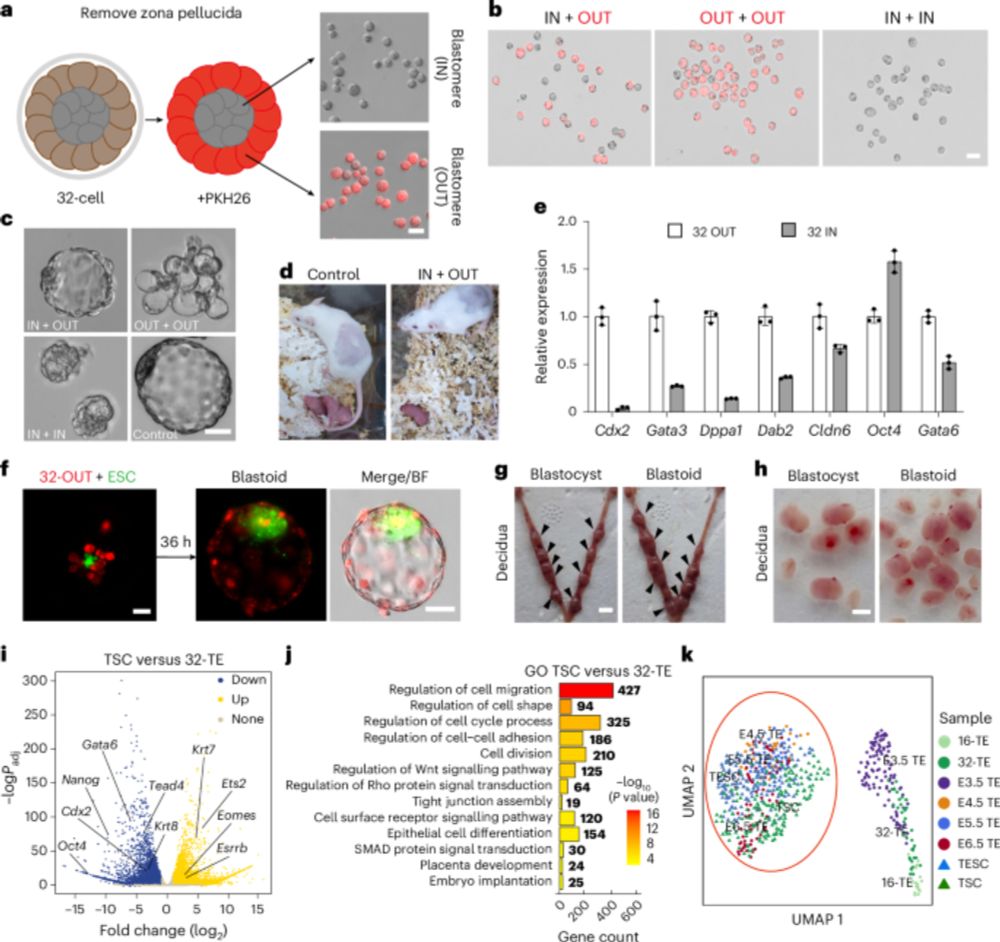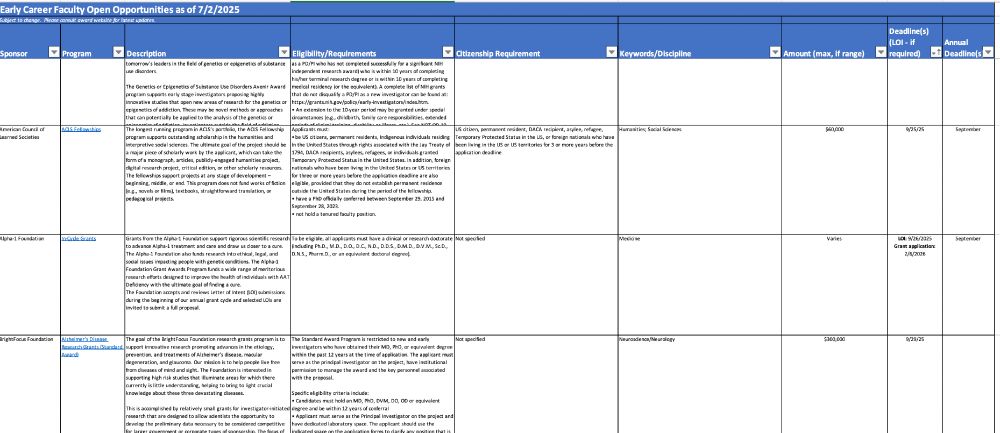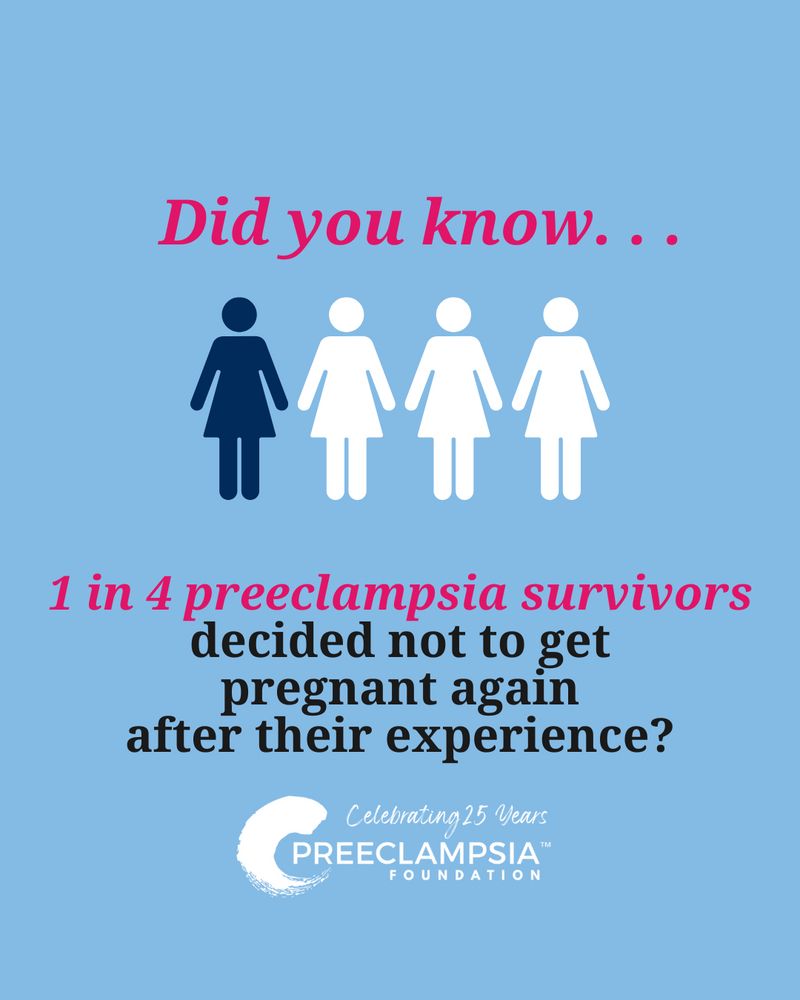Carlos Guardia
@charlyguardia.bsky.social
300 followers
780 following
23 posts
NewPI@NIEHS | Stadtman TTI | NIH DSP #2021 | Cell Biology - Autophagy - Intracellular Traffic - Placenta | My opinions are my own | 🇦🇷🏳️🌈🇺🇸
Posts
Media
Videos
Starter Packs
Reposted by Carlos Guardia
Reposted by Carlos Guardia
Reposted by Carlos Guardia
Nature Methods
@natmethods.nature.com
· Aug 29

Laser flash melting cryo-EM samples to overcome preferred orientation - Nature Methods
Individual proteins tend to adopt preferred orientations when subjected to vitrification for cryo-electron microscopy analysis. A laser flash melting procedure followed by rapid revitrification provid...
www.nature.com
Reposted by Carlos Guardia
Reposted by Carlos Guardia
Reposted by Carlos Guardia
Cell Biology J-Club
@cellclub.bsky.social
· Aug 21
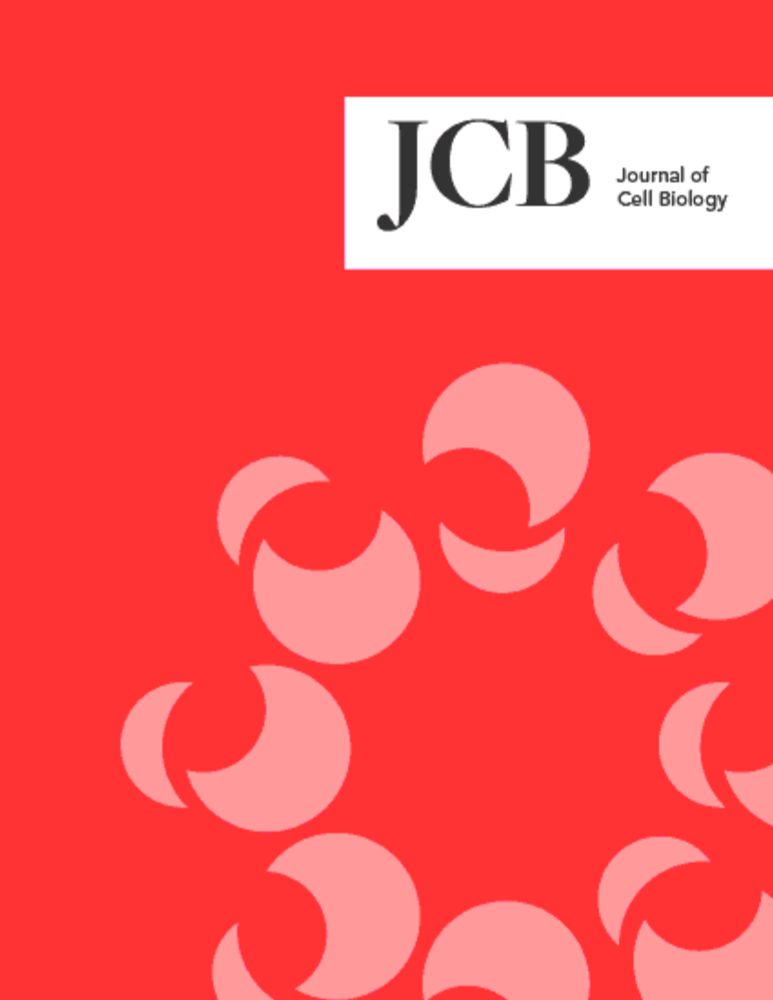
Identification of organelle-specific autophagy regulators from tandem CRISPR screens
Losier et al. identify distinct kinase signaling pathways that differentially regulate bulk and selective autophagy. Using kinome-wide CRISPR screening, th
rupress.org
Reposted by Carlos Guardia
Cell Reports
@cp-cellreports.bsky.social
· Aug 18

Dissection of surface area-dependent lipolysis at a single organelle level
Ma et al. reveal that lipolysis is controlled by both lipase activity (biochemistry) and lipase-accessible lipid droplet surface area (biophysics). The derivative of the linear relationship between lipolytic flux and lipid droplet surface area is called lipolytic efficiency, which is equivalent to the lipase activity.
dlvr.it
Reposted by Carlos Guardia
Carlos Guardia
@charlyguardia.bsky.social
· Aug 10
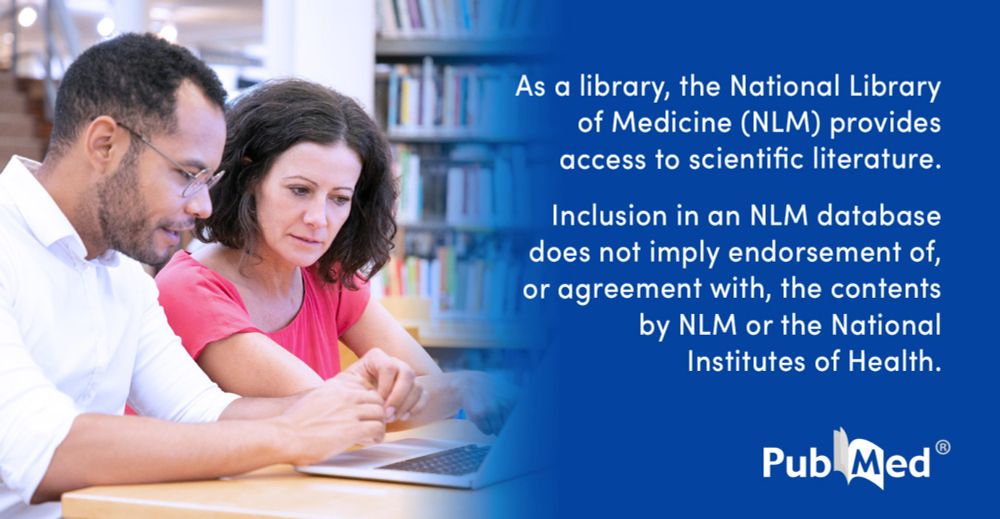
Establishment of human trophoblast stem cells from term smooth chorion - PubMed
Ch-TS cells may serve as a valuable in vitro model for studying trophoblast biology and placenta-mediated pregnancy complications, similar to TS<sup>CT</sup><sup>/blast</sup> cells.
pubmed.ncbi.nlm.nih.gov
Reposted by Carlos Guardia
